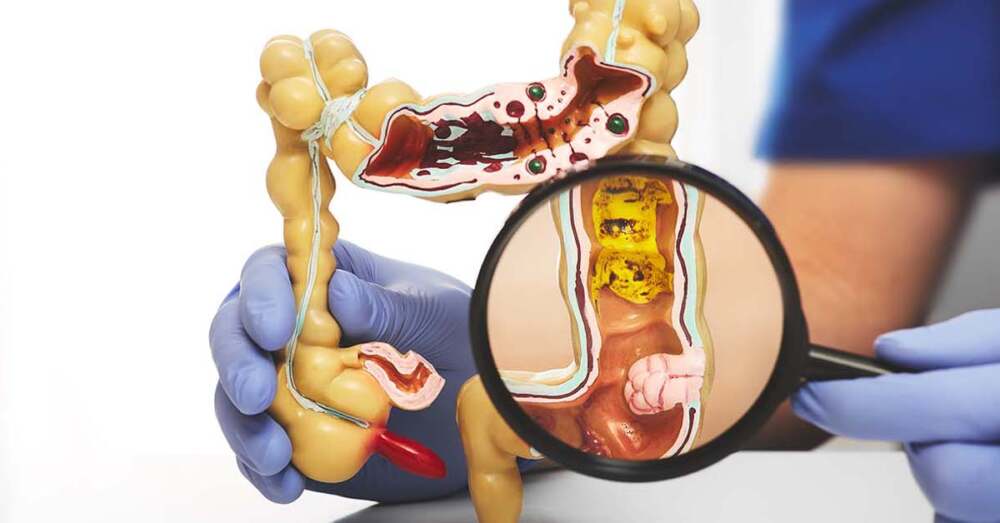Colon cancer, once thought to primarily affect older adults, is increasingly striking younger generations. In recent years, health experts have raised alarms about a noticeable surge in cases among people in their 20s, 30s, and 40s. This shift is forcing the medical community to reconsider long-held assumptions about who is most at risk, and why the disease is advancing earlier in life.
A Growing Health Concern
For decades, colorectal cancer was associated with aging populations. Screening programs traditionally targeted individuals 50 and above, based on historical data showing higher prevalence in older adults. But in the past three decades, cases in younger groups have risen steadily, making early-onset colon cancer a pressing global health challenge.
Alarmingly, most of these younger patients do not have family histories or known genetic predispositions. This suggests that environmental, dietary, and lifestyle factors may be key drivers of the shift.
The Diet Factor: Ultra-Processed Foods
One of the most debated suspects in the rise of early-onset colon cancer is the modern diet dominated by ultra-processed foods. These items, including sugary drinks, packaged snacks, fast food, and processed meats, are now a staple of daily life for many people worldwide.
Researchers believe that ultra-processed foods may increase cancer risk through several pathways:
- Gut microbiome disruption: Artificial additives, preservatives, and emulsifiers can alter gut bacteria balance, leading to chronic inflammation.
- Low fiber content: Diets high in processed foods often displace fiber-rich fruits, vegetables, and whole grains, which are crucial for colon health.
- Carcinogenic compounds: High-temperature cooking and industrial processing can produce harmful chemicals that damage DNA.
- Nutrient imbalance: Processed diets are often calorie-dense but poor in protective antioxidants and phytochemicals.
Studies show that even people of normal weight may face increased risk if their diets are dominated by heavily processed products.
Lifestyle and Environmental Risks
Diet isn’t the only factor under scrutiny. Traditional risk contributors still matter—and may compound the effects of modern eating habits. These include:
- Smoking and alcohol use, both of which directly increase cancer risk.
- Sedentary lifestyles that reduce gut motility and overall resilience.
- Obesity and metabolic disorders that create conditions favorable to tumor growth.
- Chemical and microbial exposures during childhood, which may leave lasting imprints on DNA.
Together, these risks create a perfect storm in younger populations exposed to modern food and lifestyle environments from early life.
The Screening Challenge
A major problem is that screening programs often overlook younger adults. Since colonoscopies and other tests are typically recommended starting at age 45 or 50, younger patients may not be tested until symptoms appear—by which time the disease may already be advanced.
Doctors are now calling for:
- Lowered screening ages for at-risk populations.
- Non-invasive stool tests to identify cancers earlier in younger patients.
- Greater clinical awareness so physicians consider colon cancer when younger patients present with suspicious symptoms.
What Needs to Change
The rise of colon cancer in younger adults demands a multi-layered response:
- Public education campaigns to raise awareness that colon cancer is not just an “older person’s disease.”
- Dietary reforms, encouraging a return to fiber-rich, whole-food diets while reducing reliance on processed meals.
- Policy interventions, such as regulating harmful additives and making healthy foods more affordable.
- Expanded research into how gut health, childhood exposures, and modern food environments shape long-term cancer risks.
- Support systems for patients, addressing both treatment and the emotional toll of facing cancer at a younger age.
A Warning Sign for the Future
The increase in early-onset colon cancer serves as a warning about the long-term effects of modern lifestyles. While genetics play a role, the surge in cases among young adults suggests that something in today’s environment is accelerating cancer development.
The message is clear: prevention begins now, not later in life. By addressing diet, lifestyle, and screening gaps, the medical community and society at large have the chance to reverse this worrying trend.















Leave a Reply